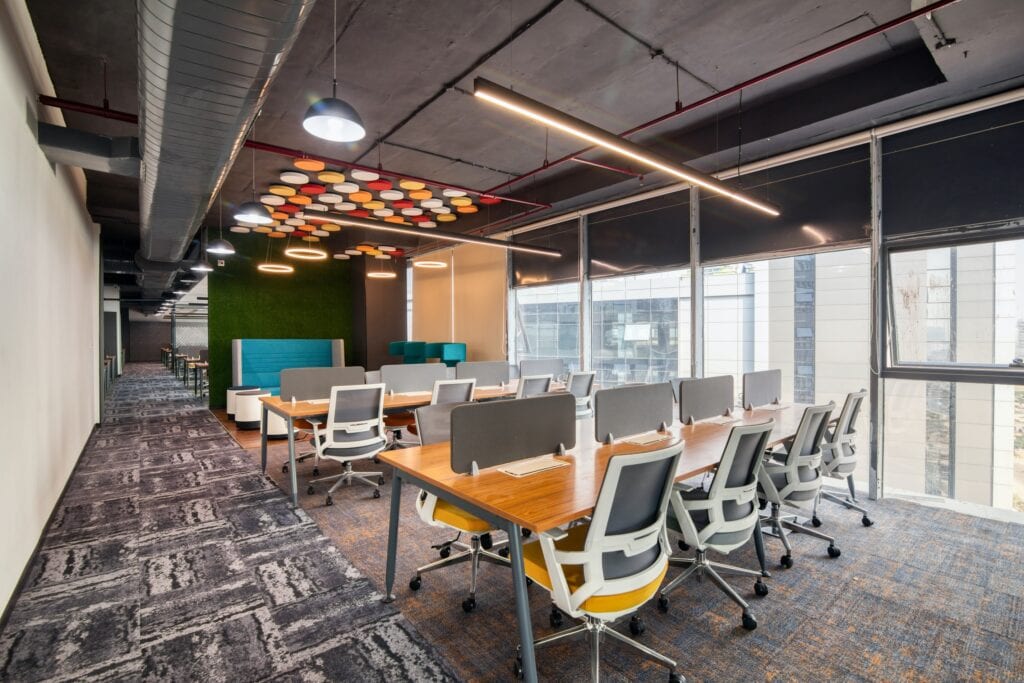In 2020, the business travel industry suffered massive financial losses when the coronavirus pandemic grounded flights worldwide and forced corporate America to replace out-of-town business meetings with Zoom conferences and other forms of virtual communication.
However, as the pandemic enters its second year, the hospitality industry hopes it can make a comeback by catering to the needs of two rapidly growing business populations: remote workers and digital nomads.
Last spring, many employers adopted work-from-home policies to help prevent the spread of COVID-19. Since then, several major companies, including Twitter, Microsoft, Salesforce and Spotify, have announced that their employees can work remotely on a permanent basis.
Some hotels are starting to take advantage of the work-from-anywhere trend by adding amenities aimed at remote workers, such as dedicated workspaces, upgraded Wi-Fi, in-app services, Internet of Things tools and easy access to local services.
Meanwhile, citizenM, an “affordable luxury” hotel chain with properties in North America, Europe and Asia, has introduced a global passport subscription service that allows digital nomads to move freely between its 21 global hotels.

“We certainly think that this new sort of lifestyle will attract a certain type of person that wants to also blend in their personal interests and passions [with] not having to be tied down so much to a fixed location,” said Ernest Lee, the company’s North American head of development and investments, in an interview with TechRepublic.
The chain also offers a fixed-price corporate subscription that provides hotel rooms and meeting areas for remote employees who need coworking space.
However, it’s not all about work. Steven Schumacher, director of sales at destination marketing organization Discover Dunwoody in Georgia, predicted that remote workers will increasingly blend business travel with vacations in the post-pandemic world.
“I think we will see these two worlds come together, as more and more business travelers opt to bring their families on trips,” Schumacher said. “The ‘bleisure’ travel trend will become more prevalent.”

Thanks to the remote work revolution, many couples and families can now go on “bizcations” for weeks or months at a time, and properties that offer long-term, child- and work-friendly accommodations could become more common.
“People are realizing, ‘I don’t have to get back home, I don’t have to go to the office,’” Misty Belles, managing director of global public relations for travel network Virtuoso, told National Geographic. “We’re seeing almost like rental agreements, where they’re staying at a hotel for two to three months.”

